Running Boom 2.0
Participants in America's first running boom were generally less concerned about experience and more about results. Spend time with runners who were in the trenches in the mid-1970s to late 1980s, and most can remember their exact splits, times and placings. The mid-to late-1990s, however, saw a shift in the role of road running and its draw.
As the previous generation entered the masters and grandmasters ranks, generations X, Y and now millennials began to search for running-based events with twists and turns, unique terrains (e.g., mud runs, spartan runs, relay events, trail races, ultras etc.). The half and full marathon distances in particular exploded in popularity.
Races in the last decade began selling out within hours of opening to registration. Runners interested in improving times and moving up in the age group still existed. However, we began to see as many runners passionate, if not more so, about their experience within the event than the end results. For race directors, this has presented an interesting and positive set of challenges. Unlike many in the coaching biz, I view this new and large wave into our sport as positive. More people than ever are active and experiencing distance running. Road-running events have become celebrations of fitness while still tending to the needs of those looking to slice a few precious seconds off their PRs.
Fads Come and Go
It seems that every 4 to 5 years, we see another newest and greatest running product or fad. From minimalism and maximalism to "proper" footstrike and toe-off to breathing apparatuses and heel lifts, runners are always looking for the silver bullet to success. Be assured we'll see plenty more of the "necessary tools for success" in the coming decades. Welcome these products with a healthy dose of skepticism. No doubt the aforementioned can have positive effects, but in the end nothing beats old-fashioned trial-and-error and sticking with what has worked for you over the long term.
More: Running Shoe Guide for Dummies
A More Knowledgeable Running Community
Running generation 2.0 is better educated and has access to more knowledge than the previous boom. Is that a good thing? No doubt in areas such as nutrition and strength training our increased knowledge has kept athletes healthier and made them more powerful.
We've come a long way from the 1980s mindset that if the engine is hot enough, throw anything in. Today, we know certain foods consumed at certain times can improve our training and recovery. We now have coaches who use exercises that improve prime mover engagement like never before. This philosophy on weight training is a long way from the view we experienced during the 1970s and 1980s—that weight training should be avoided at all costs—which has allowed runners with significant areas of weakness to continue to train and improve.
Long-distance running has evolved greatly over the last generation. At the end of the Vietnam War, it was a sport that only a select competitive few enjoyed. Now runners come from every walk of life from stay-at-home moms and dads to CEOs, weight-loss seekers and athletes from other sports. Running has truly become the sport for all. With running boom 3.0 on the not-so-distant horizon, it should be fascinating to see what comes next.
 Sign up for your next race.
Sign up for your next race.- 2
- of
- 2
About the Author
Get ACTIVE on the Go


Couch to 5K®
The best way to get new runners off the couch and across the finish line of their first 5K.
Available for iOS | Android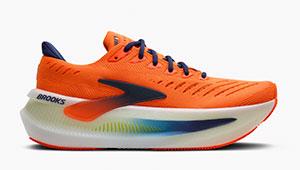



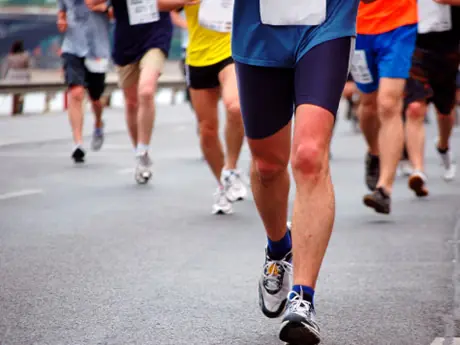
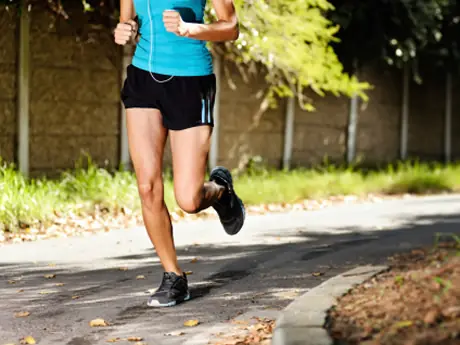

Discuss This Article